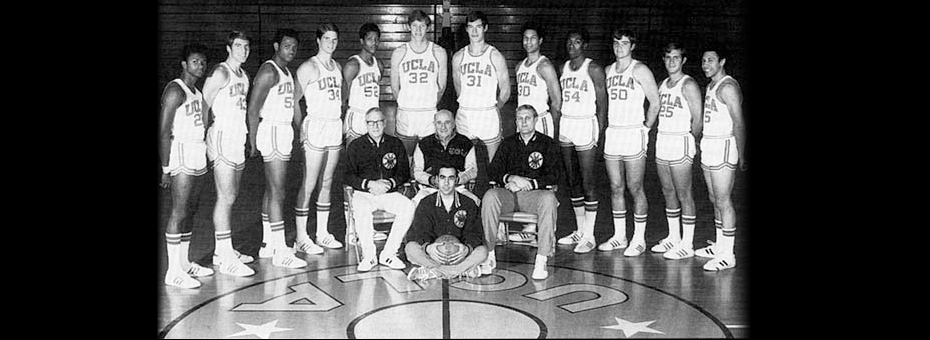Photo courtesy of Fanbase
John Wooden was arguably the most successful, probably the most influential, and certainly the most studied coach in the history of US sports. His UCLA basketball teams won 11 national championships over a 13 year span. But, his influence is more than a matter of wins and losses. He spoke very little about “winning”. Winning – the final numbers of the scoreboard – was the result of a process, of doing things the right way. And it was the way he coached that made a difference and led to his phenomenal results.
“Success is the peace of mind which is a direct result of the self-satisfaction in knowing that you have made the effort to become the best of which you are capable,” said Wooden when asked to define success.
Wooden’s approach was unique, according to researchers Richard Gallimore and Roland Tharp, who studied the processes of many coaches. They found that Wooden gave very few “motivational” speeches and rarely got overly emotional, whether up or down. What he did was simply … teach.
In their study of Wooden, Gallimore and Tharp recorded 2,326 discrete acts of teaching, which they categorized as:
- Compliments: 6.9%
- Expressions of displeasure: 6.6%
- Pure information (what to do, how to do it): 75%
Coach Wooden taught via what he called the “whole-part” method; he would teach an entire move or play and then break it down to work on its essential elements. That will sound very familiar to you if you know anything about TWI – Training Within Industry program – and its “job breakdown” process.
Swen Nater played for Wooden at UCLA from 1970-1973 and wrote a book with Gallimore about Wooden’s coaching/teaching style called You Haven’t Taught Until They Have Learned.
Swen says the heart of Wooden’s process was condition (moral, mental, and physical), skill, and team spirit. For Swen, “Steady improvement in several areas continued to provide me with motivation to reach my personal best, but nothing motivated me more than enhanced conditioning, skill, and team spirit. The better my conditioning, the harder I could work to improve my skills. The better my skills, the better I could give them to the team. As all three were improving simultaneously, I could literally see daily improvements. It was exciting. I felt good about myself.”
Coaching means improving performance and developing people. Any leader’s job is to get the work done and develop the people doing the work at the same time. To accomplish these two objectives as separate activities is difficult if not impossible. So the lean leader’s solution is to develop people through getting the work done. And one key means by which lean leaders do that is coaching.






